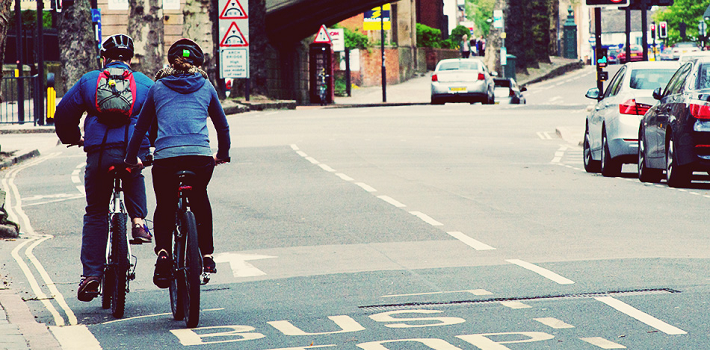December 7th 2018
Derby City Council presented the latest business case to government on Friday 30th November, which sets out the clear preferred option to combat exceedances of the legal NO2 level in the city.
The Council has been liaising with DEFRA since December 2015, after being informed that Derby was one of five local authority areas selected to take forward action to reduce Nitrogen Dioxide (NO2) emissions from vehicles, in the shortest time possible.
Over a total period of 12 weeks, Derby City Council consulted with the public and key stakeholders twice on various proposals to reduce roadside NO2 emissions, were over 3,000 responses were received.
As well as the consultation, Derby City Council commissioned extensive transport and air quality modelling work from independent consultants to inform a technical assessment that will be an integral part of the council’s clean air business case.
The business case puts forward a traffic management solution to tackle the one area of exceedance identified on Stafford Street in the shortest time possible, and includes several junction design changes and a significant modernisation of the Council’s urban traffic management systems. The technology will provide enhanced dynamic management of junctions across the city and improvements in efficiency not just for drivers of cars, but for pedestrians and for the prioritisation of public transport. It also includes the results of the public consultations.
Further development on the business case will be made during December and after Christmas. Details of the business case will be issued on the Council website once initial feedback from DEFRA has been received.
Councillor Matthew Holmes, Cabinet Member for Cabinet Member for Leadership, Regeneration and Public Protection and Deputy Leader of the Council said:
“Reducing pollution levels and improving air quality across the city is a priority.
Officers have had to work tirelessly over the last few months to prepare options for consultation, and analyse feedback from both the consultation and the modelling work.
It is through their dedication and expertise supported by a significant amount of council resources that have resulted in our Clean Air Proposals being developed to ensure we submit a business case that fully meets our legal obligations, and is deliverable in the quickest time possible.”

